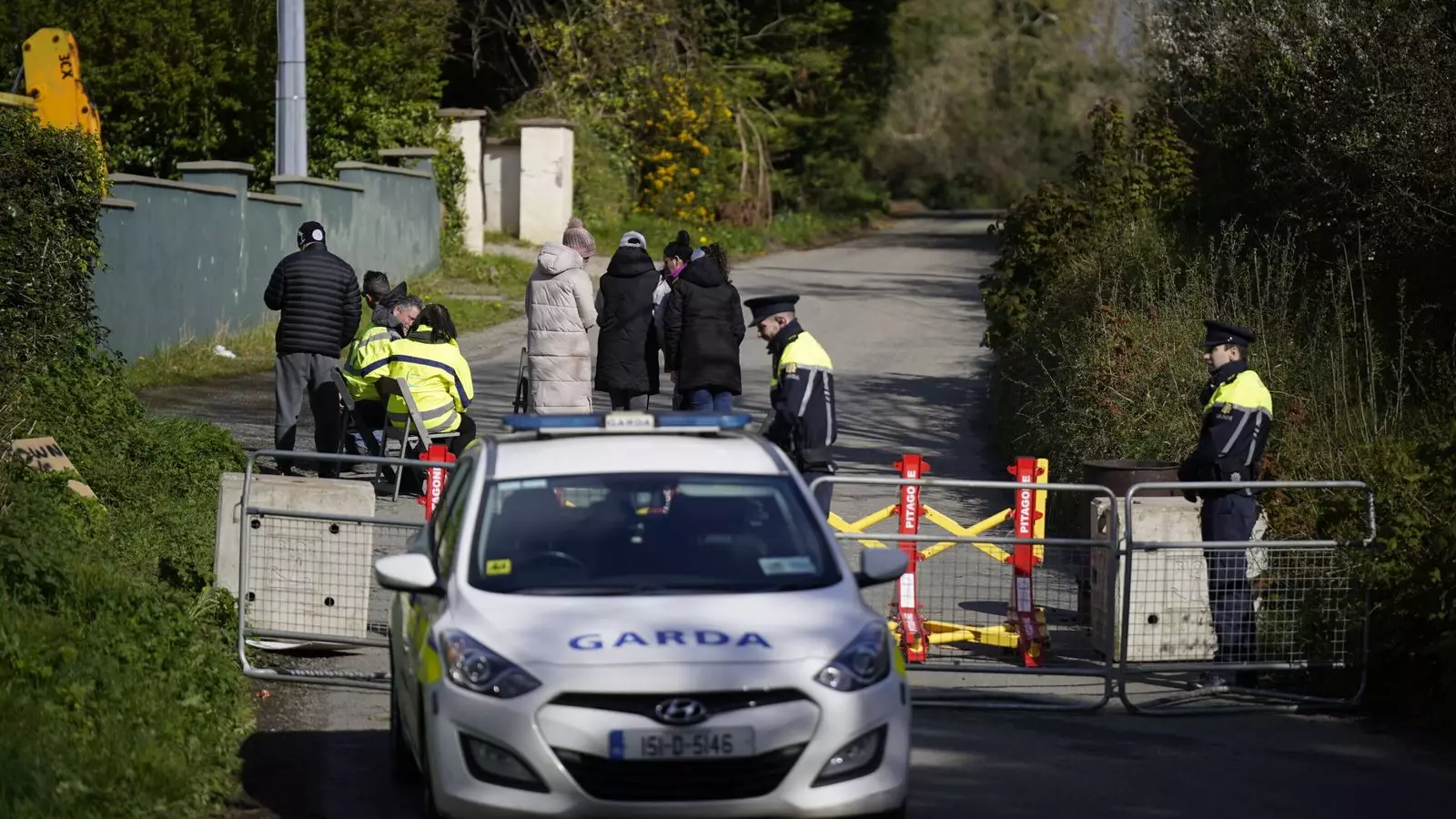The threat of deportation to Rwanda is causing a significant shift in migration patterns within Europe, with migrants increasingly choosing Ireland over the UK. As Ireland’s deputy prime minister, Micheal Martin, pointed out, the passage of the Rwanda Bill in the UK has led to a sense of fear among asylum seekers, prompting them to seek sanctuary elsewhere. The policy, which entails sending asylum seekers to Rwanda regardless of the outcome of their application, is already having a tangible impact on migration flows.
Despite the UK government’s insistence on enforcing the Rwanda Bill, there are growing concerns about the human rights implications of such a policy. The idea of deporting individuals to a country where their safety and well-being are not guaranteed is troubling, and has sparked criticism from various quarters. Ireland’s foreign secretary, Micheal Martin, highlighted the fear and uncertainty among asylum seekers, who are now actively seeking refuge within the European Union to avoid potential deportation to Rwanda.
Increased Crossings to Ireland
Justice minister Helen McEntee’s recent remarks shed light on the escalating situation, with a significant number of migrants and refugees crossing the border with Northern Ireland to seek asylum in Ireland. The open border between Northern Ireland and the Republic of Ireland, as stipulated in the UK-EU Brexit treaty, has facilitated this influx of asylum seekers. McEntee’s disclosure that over 80% of asylum seekers enter Ireland through Northern Ireland underscores the urgency of addressing the evolving migration crisis.
Protests and Unrest
The tensions surrounding immigration and asylum in Ireland have reached a boiling point, as evidenced by the recent protest at a proposed asylum seeker housing site in Newtownmountkennedy, Co Wicklow. The violent clashes between protesters and law enforcement officers underscore the deep-seated discontent and frustration within the local community. The allegations of unnecessary force and aggressive tactics by gardaí have further exacerbated the situation, fueling mistrust and animosity towards the authorities.
The prevailing misinformation about migration and asylum in Ireland adds another layer of complexity to the ongoing crisis. Justice minister Helen McEntee’s efforts to dispel myths and promote the EU Migration and Asylum Pact highlight the need for accurate information and informed discourse on the issue. The dissemination of misleading information only serves to perpetuate fear, division, and hostility towards asylum seekers, exacerbating the already strained resources and infrastructure in affected communities.
In light of the escalating tensions and challenges posed by the changing migration patterns in Europe, it is crucial for policymakers and stakeholders to adopt a comprehensive and humane approach towards addressing the issue. Ensuring the protection of human rights, upholding international obligations, and promoting solidarity and cooperation among EU member states are essential steps towards managing the migration crisis effectively. It is imperative to foster dialogue, mutual understanding, and empathy within communities to build a more inclusive and sustainable future for all individuals, regardless of their background or status.


Leave a Reply